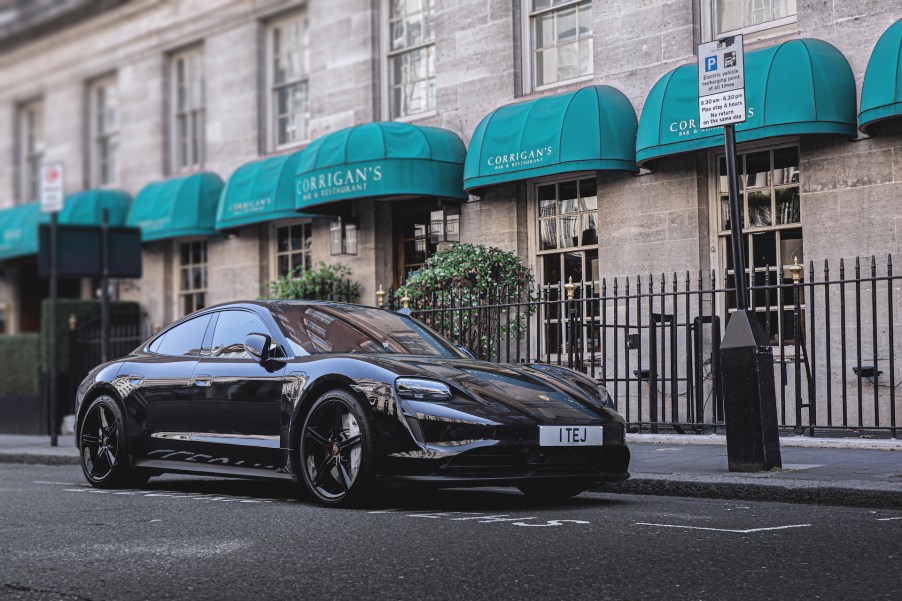
Here’s Why 20 Percent of Electric Car Owners Go Back to Internal Combustion
As the auto world becomes more electrified with each passing day, more buyers are pulling the trigger on their very first electric car. However, just because automakers have decided to move in this direction doesn’t necessarily mean that buyers will as well. This is an especially complex issue when trying to sell expensive first-generation EVs.
However, a new study by the University of California via TechXplore suggests that EV buyers rarely go back to internal combustion. If these cars are so expensive and their charging networks are cumbersome, what could be keeping these buyers so satisfied?
What are the benefits of an electric car?

When the very first generation of electric cars hit the roads, their owners had to overcome some serious drawbacks. These ranged from high base prices, complex charging networks, and batteries that didn’t last enough. However, flash forward to 2021, and owning an EV has some serious advantages.
For starters, plenty of brand-new EVs currently on sale qualifies for a government-issued $7,500 tax credit. Additionally, with larger charging networks such as Electrify America, even long road trips aren’t a major issue anymore.
If you’ve got a solid charging structure at home, having an electric car has some massive upsides. For example, you’ll never have to visit a gas station, especially if you plug your car in at night. Additionally, since EVs require significantly less maintenance than an internal combustion car, you’ll likely rarely have to see a mechanic as well.
While the overall environmental impact of EVs is certainly debatable, owning one over a long period of time undoubtedly reduces your personal carbon footprint.
Only 20 percent of owners go back to internal combustion

While the electric car can undoubtedly make a case for itself in 2021, not all owners have positive experiences. According to a study by the University of California, around 80 percent of first-time EV buyers end up leasing or purchasing another electric car. The study notes that brands like Tesla showed especially high brand loyalty.
In contrast, the study found that buyers that owned some other EVs like ones by Fiat ended up going back to gas-powered cars. In fact, 20 percent of first-time EV buyers went back to internal combustion. However, it seems there was one central problem in these cases.
The study by the University of California found that most of these owners reported having trouble charging their vehicles. As a result, if you have access to solid charging infrastructure, chances are you’ll keep your next EV long term.
What is the cheapest all-electric car?

If you’re ready to pull the trigger on your first electric car, here are some of the cheapest options around. As it stands, the cheapest brand-new EV you can buy is the 2021 Mini Cooper SE Electric, with its $29,900 base price. From there, you can also look at the 2021 Nissan LEAF, which starts at $31,670. The 2021 Hyundai Ioniq EV takes third place with a $33,245 base price.
If these cars still seem expensive, that’s because they are. However, as batteries become cheaper to produce, these prices should also come down significantly.


